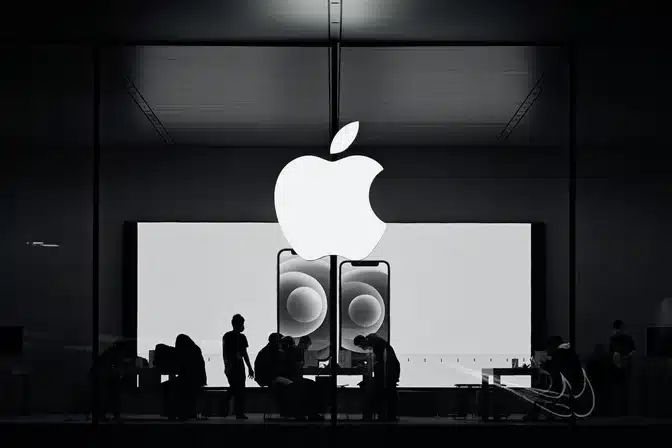Apple’s iPhone supply chain in India has grown at a remarkable pace, generating 350,000 jobs in just five years. Government officials revealed that the company now collaborates with nearly 45 local firms to support manufacturing efforts .
Unlike China, where Apple’s supply chain took decades to develop, India has seen swift progress. About 120,000 of these jobs are direct employment, while the remaining positions support suppliers and related industries. Officials also noted that the five iPhone factories in India employ thousands more workers, making Apple’s influence even broader.

Local Partnerships Driving Growth
The supply chain in India spans from large corporations to smaller businesses. Tata Electronics, Titan Engineering and Automation, and Avary are among the major players, but 20 local micro, small, and medium enterprises (MSMEs) have also joined Apple’s network .
These companies benefit from India’s Production-Linked Incentive (PLI) scheme, introduced in 2020 to boost manufacturing. The incentives helped Apple scale production, and now about one in five iPhones worldwide comes from India.
Shifts in Global Strategy
Apple’s expansion in India is also a response to global uncertainties. The COVID-19 pandemic disrupted production in China, highlighting the risks of relying heavily on a single country. Geopolitical tensions, including the U.S.-China trade war and tariff disputes, added more pressure .
By strengthening its Indian supply chain, Apple created an insurance policy against such disruptions. If Chinese production slows or faces restrictions, India can step in to meet global demand.
A Broader Impact
The move goes beyond employment. It signals India’s rise as a major hub in the global electronics industry, while giving Apple more flexibility in its operations. The shift also reflects Apple’s efforts to balance its reliance on China with a stronger presence in other markets.
With rapid job creation, growing partnerships, and a significant share of global iPhone production, Apple’s Indian supply chain has become a cornerstone of its global strategy.











